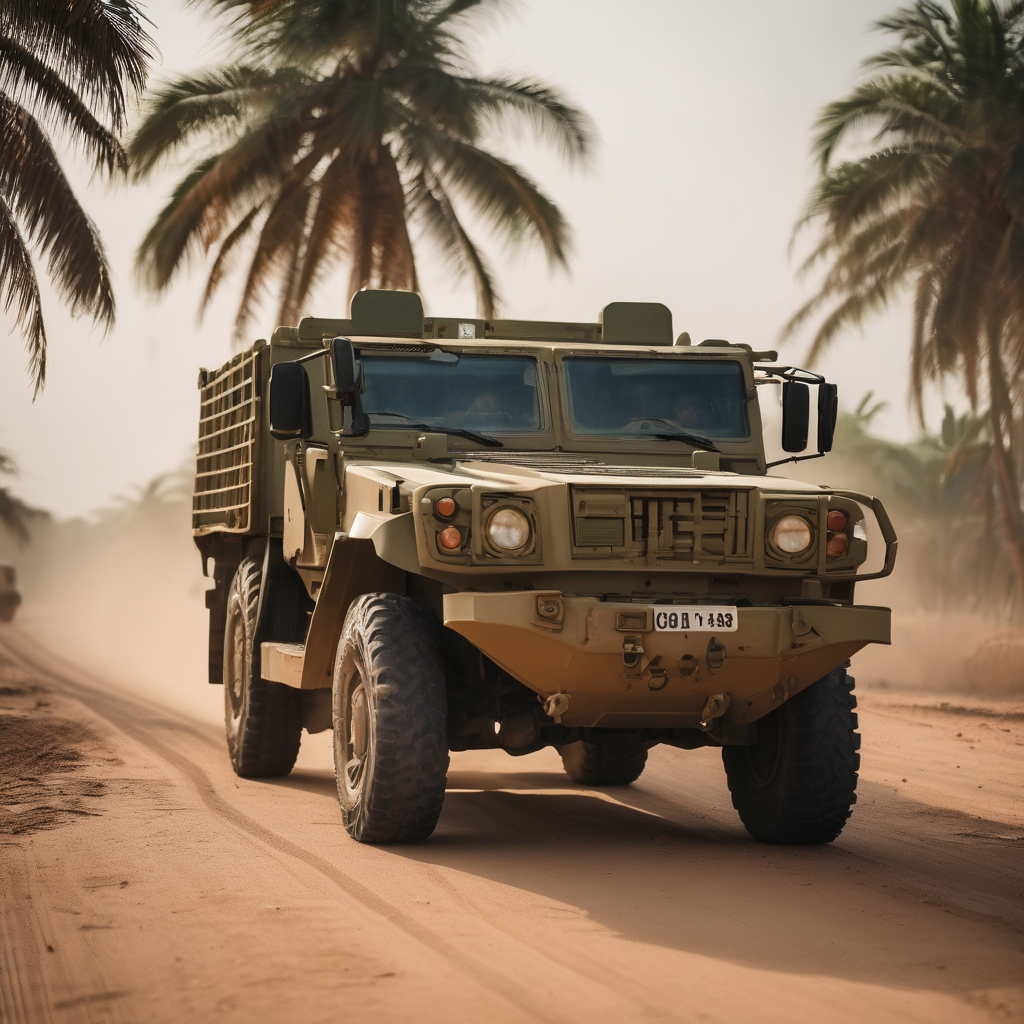Gunfire erupted near the Presidential Palace in Bissau, Guinea-Bissau, on November 26, 2025, as military officials declared “total control” over the nation, suspending the electoral process and closing borders. This announcement came only three days following the country’s legislative and presidential elections marked by considerable controversy.
The military’s takeover was confirmed at a statement read at army headquarters in the capital, witnessed by journalists from AFP. Earlier that day, armed soldiers occupied the main road leading to the presidential building as the sounds of gunfire echoed in the area, prompting a panicked exodus of civilians and vehicles.
While official provisional vote results were anticipated on the following day, Guinea-Bissau’s political situation remains volatile, as it has undergone four coups and numerous attempted coups since gaining independence. Both incumbent President Umaro Sissoco Embalo and opposition candidate Fernando Dias have proclaimed victory, albeit in a precarious environment.
Witnesses indicated that the chaos was an unfortunate yet familiar occurrence in Bissau, with one passerby remarking on the regularity of such events. Until the military intervention, the election had unfolded peacefully, but it had notably banned the main opposition party, the PAIGC, and its candidate, Domingos Simoes Pereira, from participation. The Supreme Court ruled that their application for candidacy was submitted too late, leaving only Embalo and Dias vying for the presidency. The rivalry between Embalo and Pereira is deeply entrenched, with the contentious aftermath of the 2019 election still fresh in the public’s memory.
Issifu Baba Braimah Kamara, head of the Economic Community of West African States (ECOWAS) observation mission, had praised the “peaceful conduct of the vote” just days prior to the military’s declaration, illustrating the sudden shift in the nation’s political landscape.
Guinea-Bissau continues to grapple with severe poverty and has been identified as a key transit point for drug trafficking between Latin America and Europe. The political instability complicates the country’s efforts to address its socio-economic challenges. Despite the current turmoil, there remains hope for a return to peace and stability as the international community watches closely, urging a resolution to the ongoing crisis.
